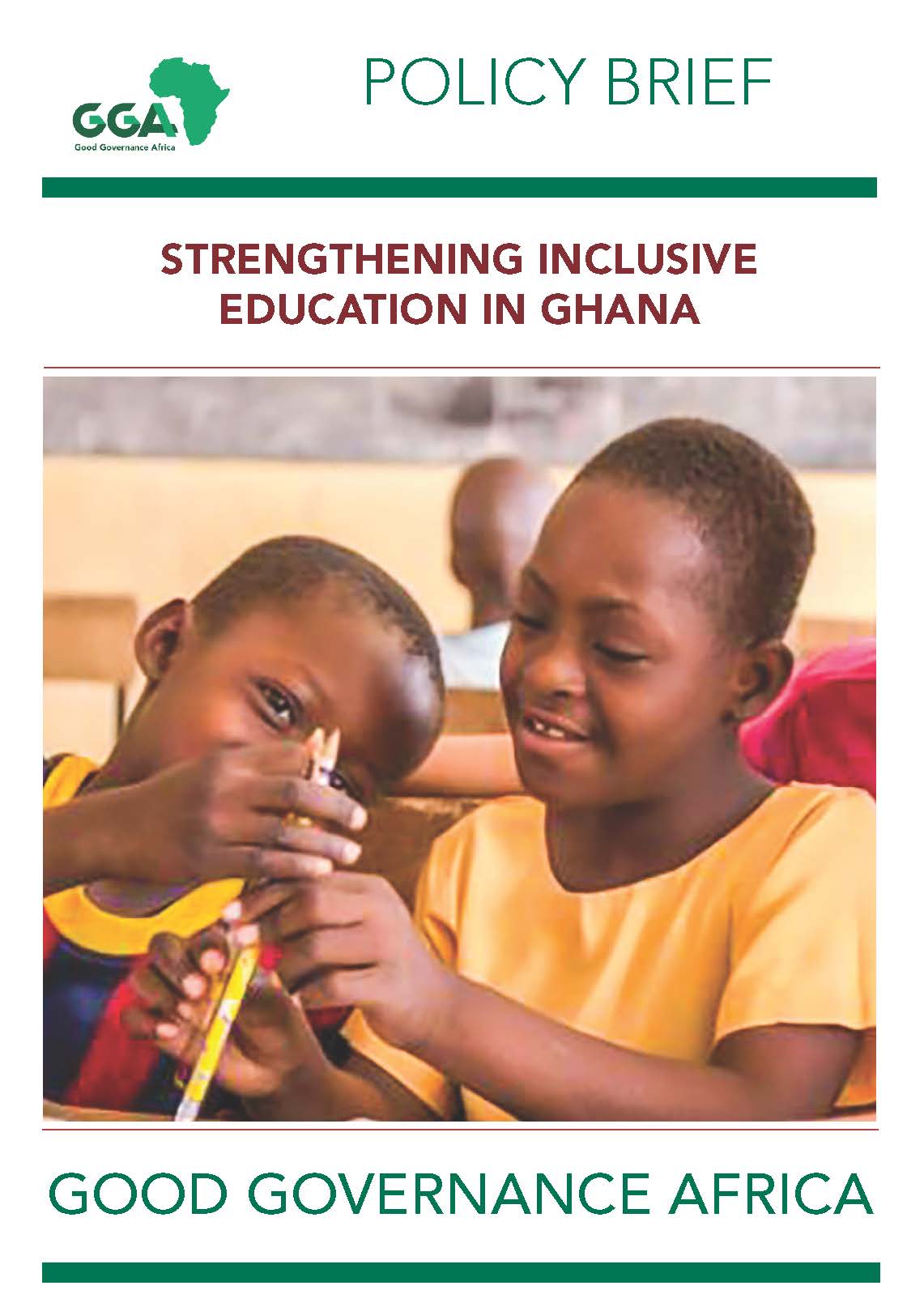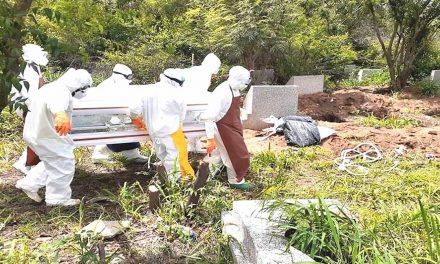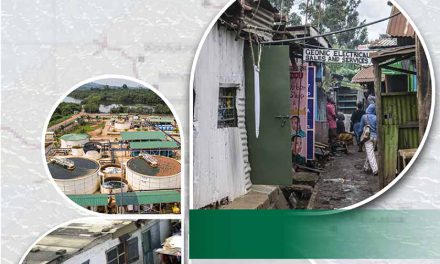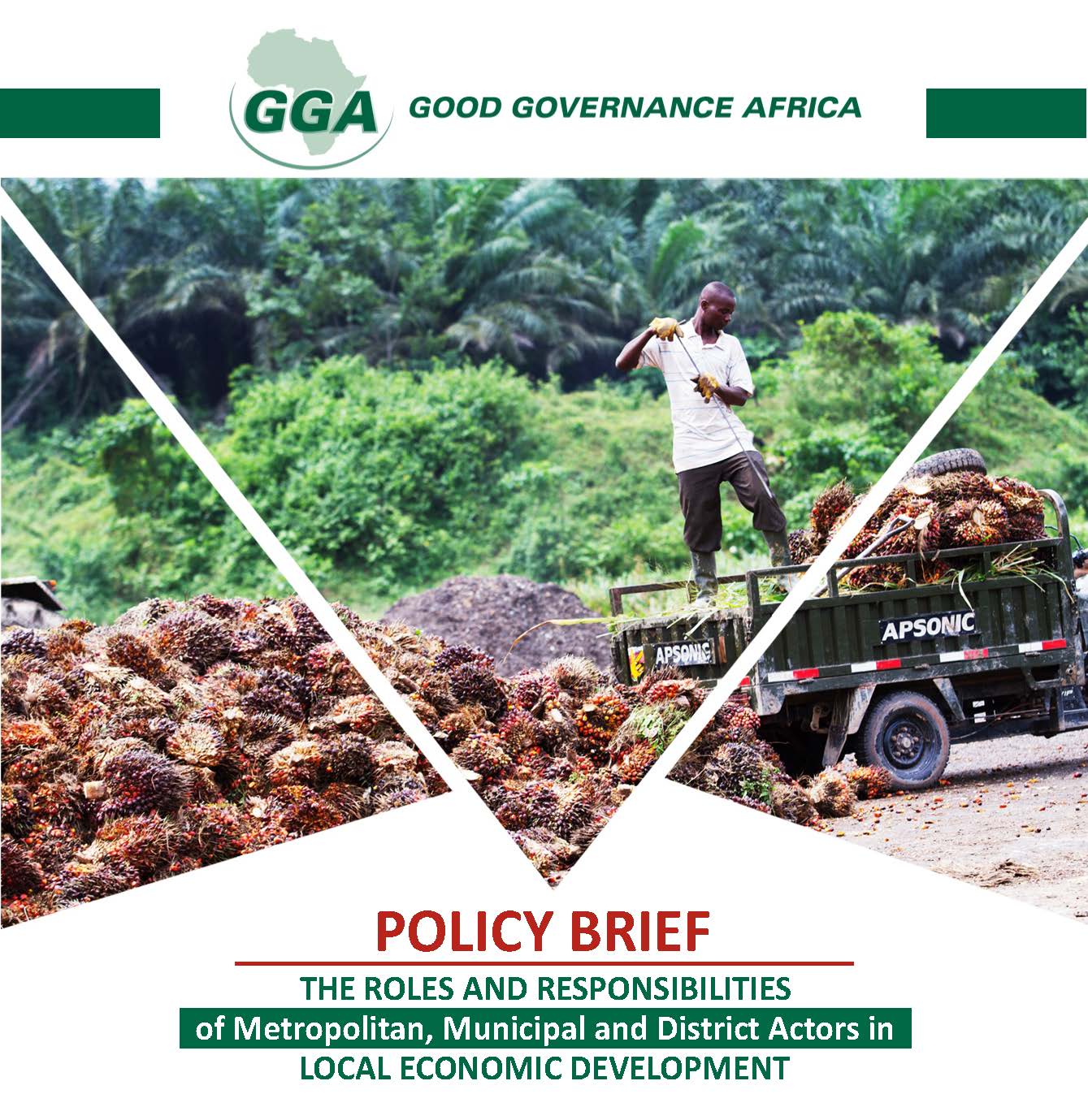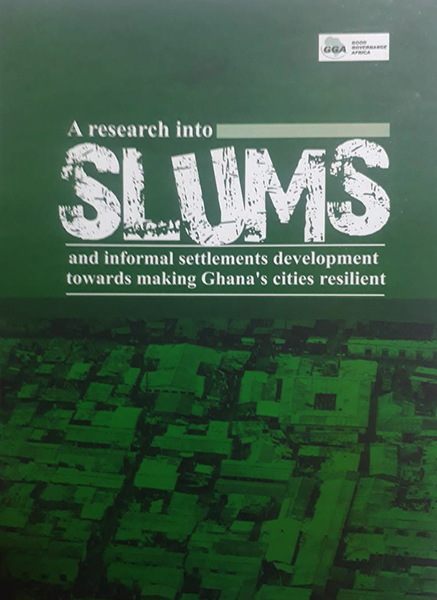Strengthening Inclusive Education in Ghana
Ghana’s education system is considered to be one of the most progressive in Africa. In 2004 the government introduced free compulsory education for the first nine years of school for all Ghanaian children with the initiative being increased to 12 years in 2017. Overall the country is considered to be on track towards achievement of universal access to primary education for both boys and girls. However, there are still challenges with addressing the needs of children with special education needs. In Ghana, Special Education, as a descriptive term, covers an array of possible conditions, ranging from learning disabilities and Attention Deficit Disorder to autism and deafness, and on to severe intellectual and physical handicaps, many of which are, in turn, on continuums of their own. How can the education system best serve this particular population of learners?
Identification of children for special education services has long been associated with socio-economic levels and ethnicity, a problem that education officials must be aware of and attempt to ameliorate since research shows placement in Special Education can have long-term implications for children well into adulthood. Probably the most critical – and debated – question is that of inclusion. Some argue that inclusion is not the best option for some categories, while others envision a system of total inclusion in which all children are served in the regular classroom. Special education students have special needs and how best to meet those needs in the general education setting is a challenge, one that research demonstrates not all teachers are rising to. This policy brief discusses the barriers to inclusive and special education in Ghana based upon a desk research conducted on strengthening inclusive and special education and the approaches to effective identification and community involvement.
Inclusive and special education is one of the seven pillars of the Ghana education system and as such included in the Education Strategic Plan (ESP 2018-2030). The target for Inclusive and special education under the ESP 2018-2030 is to “Improve access for persons with disability, the vulnerable and the talented”. Despite remarkable progress in special and inclusive education, challenges still remain. Education stakeholders in Ghana note with concern that inclusion of children with special needs within the mainstream education system is limited and as such access to quality education remains a challenge for children with varied forms of disabilities in Ghana. The world report on disability by World Health Organization (WHO) indicates that young people with disabilities are less likely to be in school than their peers without disabilities with the pattern being more pronounced in countries such as Ghana. The many barriers that hinder children with disabilities from accessing quality education in Ghana can be categorized under systemic and school-based problems as well as social and community related challenges.

